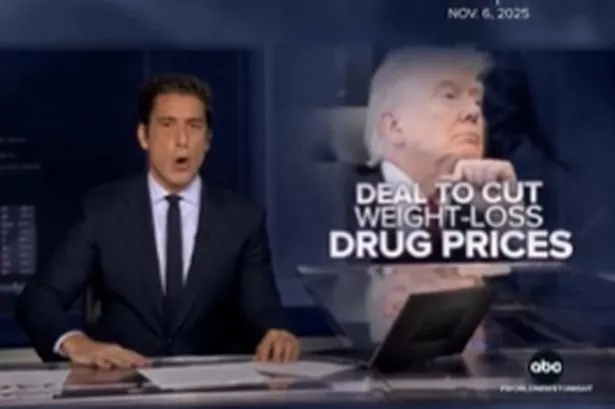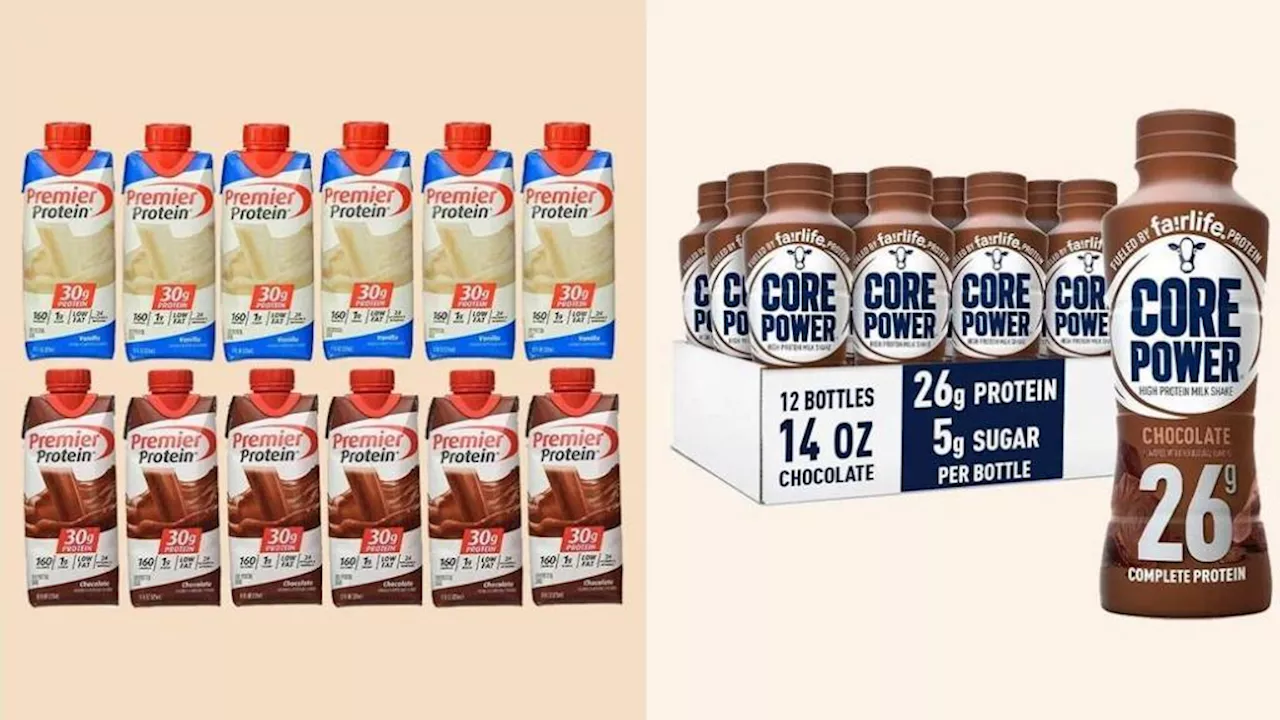
Viewers of World News Tonight with David Muir were surprised to learn about a new agreement involving the Trump administration and two leading pharmaceutical companies, Novo Nordisk and Eli Lilly. The segment, which aired earlier this week, discussed a plan aimed at reducing the price of the GLP-1 weight-loss medications, Wegovy and Zepbound. This initiative is designed to make these drugs more accessible and affordable for patients enrolled in Medicare and Medicaid.
The newly announced pricing structure is set to decrease the monthly costs for eligible patients significantly, from approximately $500 to $1,000 down to a range of $150 to $350. This substantial reduction aims to address the financial barriers many face when seeking these treatments. Muir noted that while demand for Wegovy and Zepbound has surged, affordability remains a critical issue.
Public Reaction and Broader Implications
Following the broadcast, the segment was shared on the official Instagram page of World News Tonight, where it quickly garnered a variety of reactions from viewers. Many expressed skepticism regarding the motivations behind the deal, with one comment highlighting concerns about potential kickbacks associated with the agreement. Another viewer remarked sarcastically, “Oh good we can get thin before we starve,” referencing recent cuts to the Supplemental Nutrition Assistance Program (SNAP), which have reduced benefits for some households.
Concerns were also raised about the prioritization of weight-loss medications over other pressing health needs. Comments included calls for lower prices on essential medications like insulin and cancer treatments, with one person stating, “Seniors on Medicare aren’t trying to lose weight! They want lower grocery prices and affordable housing!” This sentiment reflects a broader frustration regarding the rising costs of living and healthcare.
Contextualizing the New Deal
This new drug pricing deal is part of a larger initiative by the White House to tackle escalating medication costs. The agreement follows previous adjustments made under the Trump administration, including cuts to federal food assistance programs and stricter eligibility for social benefits. Muir emphasized that this deal represents an effort to enhance access and reduce costs for patients who are in need of these medications.
In conclusion, while the agreement between the Trump administration and pharmaceutical giants represents a significant step towards lower prices for weight-loss medications, public reaction indicates a complex web of concerns regarding healthcare priorities and affordability. The administration’s approach will likely continue to be scrutinized as it unfolds.







